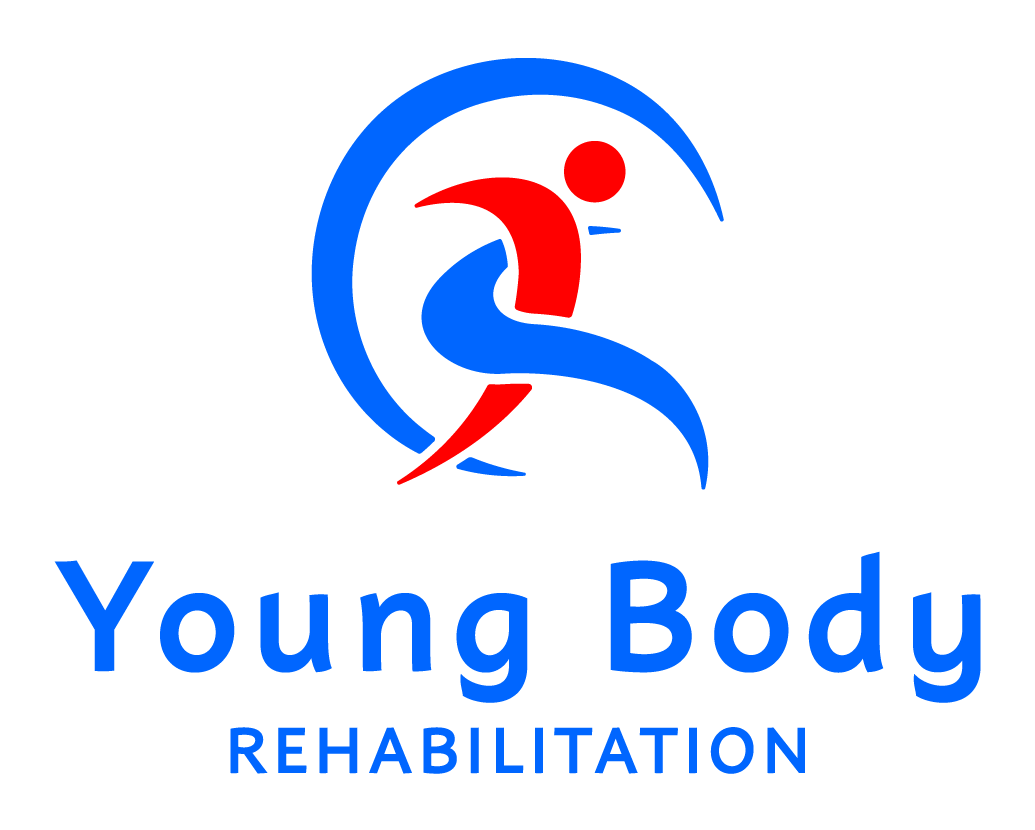Frequently Asked Questions
Below you will find answers to the questions we get asked the most about our practice.
No, however, there are 2 choices to reduce the rate for services:
- Reduce the frequency of the appointment sessions.
- Pay at the time of service for immediate discount.
Our therapists typically work Monday-Friday, from 7:30am – 5:30pm, in the clinic. Please contact us to discuss a therapy schedule.
Each case is different, but for the most part, clients are seen one or two visits per week for 60 minute sessions. The frequency and duration of therapy services is determined with physician referral/request, parent input, and based upon the results of the PT evaluation. Intensive programming is typically applied in 3 week increments of time for 3-4 hour sessions consecutively.
Parents and physicians both refer children for evaluations. Florida is a “direct access state.” This means you are allowed to go directly to a physical therapist without a physician’s referral first and receive treatment for 30 days. Often a child is referred to us based upon a condition that requires rehabilitation. Parents may also notice a delay in developmental skills, or be currently enrolled in physical therapy and can contact us for a screening or evaluation.

